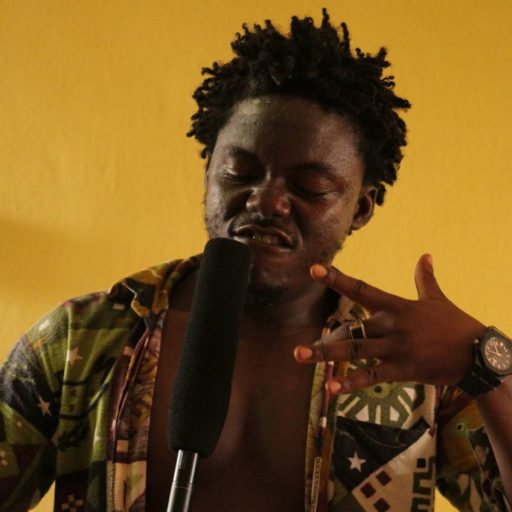Konya Shamsrumi: What is the process of writing a poem like for you? Is it a lot of hard work or easy?
Precious Okpechi: I think writers undergo changes to their processes as they grow. The space I needed to be in, and any ritual that may or may not have been involved when I started out writing, do not necessarily work for me anymore. I used to write only when I had an overwhelming emotion, like sadness, rushing over me. Later, it came from a line that moved me from a song. Now I am mostly writing a poem in my head, on the go, and penning it down when it has tangibly formed. Tomorrow, I will probably start taking notes; it sounds exciting.
Once I set out to write a poem, I pay close attention to bringing it out of myself. I want to embody an experience, or feeling, in a way that it becomes shared with the world. Shared joy. Shared suffering. Shared pain. Shared dilemma. My metaphors are therefore less personal and more distant. It is a lot of hard work to make a poem sing, feel, or do more, with words, when they do not come to you already written. And even when they do, there is still work to be done. But incessant reading and studying of other writings that singsong make it somewhat easier.
Konya Shamsrumi: Please describe your sense of identity in this or any other possible world in imagery or metaphor?
Precious Okpechi: An observer. In this world, or any other possible world, say, the world of my poems, I am first an observer. There are so many things happening around me and sometimes it can be a lot to take in. But everyday I wake into this world, I trudge around familiar paths, and inhale every breath I am allowed, take in the beauty of it all, and appreciate to the best of my abilities what it has to offer. That is my place in it.
Konya Shamsrumi: If any of your poems could literally save a person’s life, which poem would it be and can you describe the person whose life you think it would have saved?
Precious Okpechi: I have never been a firm believer of poetry as a form of healing. I think it is the relatability of poems, how they make us feel like we are not alone, that brings strength to its readers. We all need something to hold on to, to believe in, a beacon of hope. And sometimes a poem is all of that.
Therefore, if there was a poem of mine which could be that, it would be other principles of floatation, published in Palette Poetry. It is a poem I wrote for the mind struggling with the unfair harshness of the world, and a god that seems to be nowhere.
You can read it HERE

Konya Shamsrumi: What does Africa mean to you, potential or reality?
Precious Okpechi: This is a question living in Africa supposedly has earned me the right to answer. But the continent is vast. I have been to no other country than Nigeria, and this is where my experience and my reality lie, as well as the background of any prospect I have for my future.
Konya Shamsrumi: Could you share with us one poem you’ve been most impressed or most fascinated by? Tell us why and share favourite lines from it.
Precious Okpechi: Kei Miller’s My Mother’s Atlas of Dolls forever fascinates me. Every once in a while, I go back and read it, and I feel this calming spirit pass through me. It begins like this:
Unable to travel, my mother makes us promise to always bring back dolls as if glass eyes could bear sufficient witness to where she has not been, the what of the world she has not seen.
Reading this poem, I think about how interesting Kei Miller’s mother must have been. With easy language and fine imageries, Kei manages to make me feel so soft inside. I am in awe of how much love and memory is contained in this simple short poem, and the sweet tenderness to how he remembers her. So fond and light. I can only dream this depth in my poems.
Precious Okpechi studies Biochemistry at the University of Nigeria, Nsukka. He is a recipient of the 2020 Singing Bullet Workshop Scholarship. His works appear in Palette Poetry, The Shore, Kissing Dynamite, Brittle Paper, Praxis Magazine, and elsewhere. He is Assistant Editor at 20.35 Africa.
- Poets Talk: 5 Questions with Hauwa Saleh - May 14, 2024
- Poets Talk: 5 Questions with Daisy Odey - September 5, 2023
- Poets Talk: 5 Questions with Dare Tunmise - August 15, 2023

















Leave a Reply